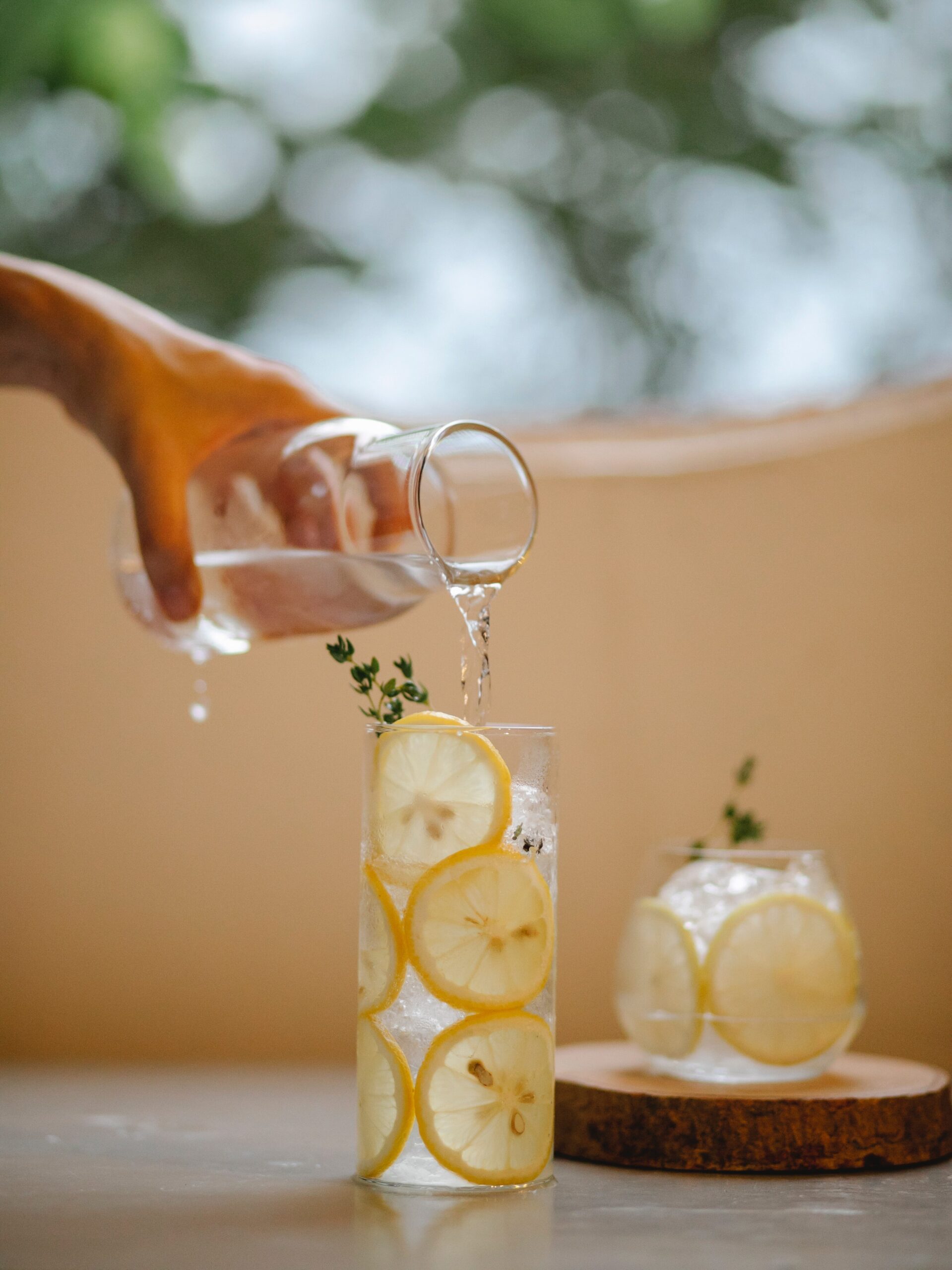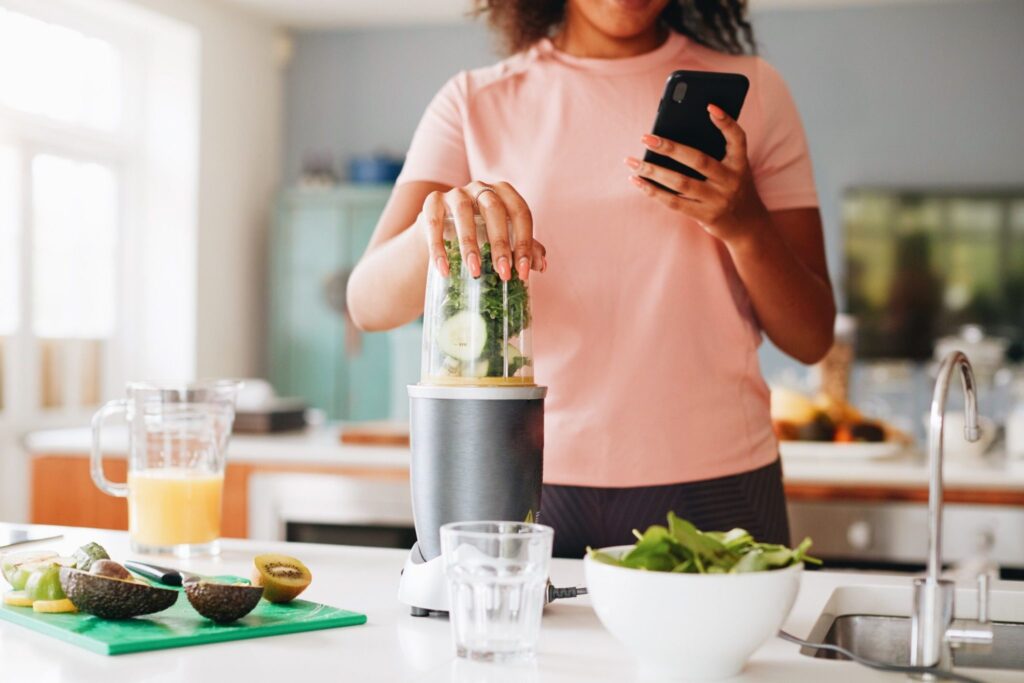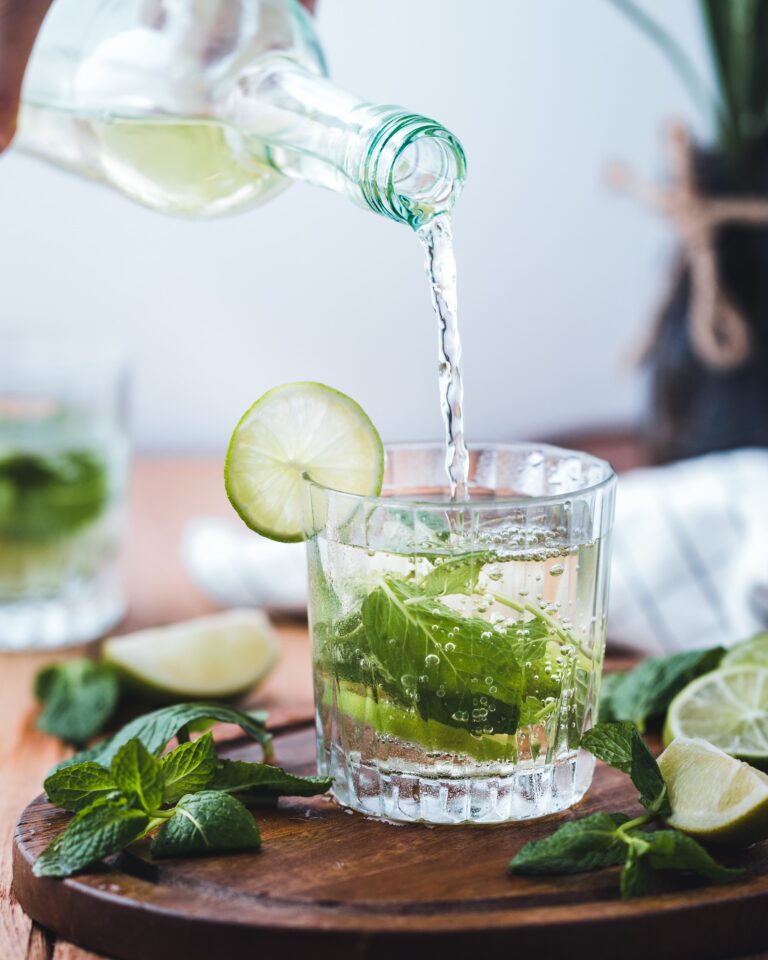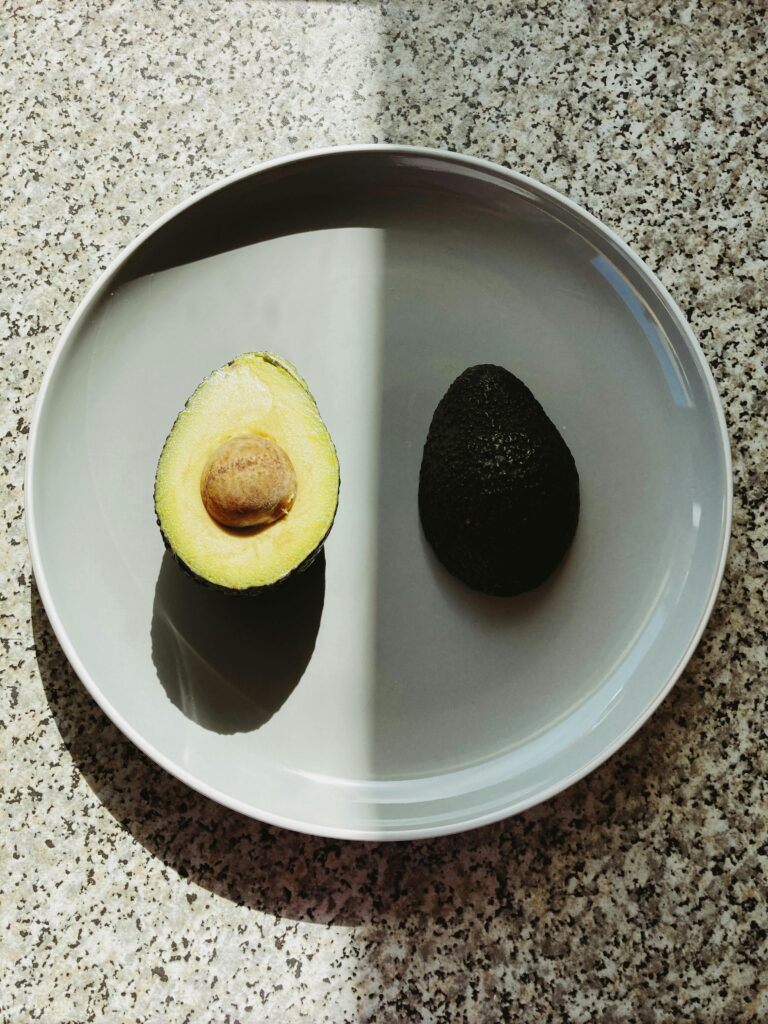Ok, let’s face it: the word detox is overused. What started off as a way to safely manage the withdrawal symptoms addicts faced, has now been mainstreamed. Juicing, 48-hour cleanses, fasting, colon cleanses… there continues to be a lot of hype around detoxing and cleansing diets. Celebrities swear by them and more and more people have been getting in on the action, but do they really work? Let’s take a closer look…
Who is using this buzz word?
The celebrities, influencers, diet “experts”, self-proclaimed Nutritionists, sports specialists and the marketeers are the ones endorsing the detoxification, diets and supplements which claim to cleanse your system. Detox products are not available by prescription; they are sold in retail stores, at spas, over the Internet, and by direct mail. Many are advertised as useful for detoxifying specific organs or systems; others are portrayed as “whole body” cleansers. But are our bodies really full of toxins? And do we need help to get rid of them? Let’s take a look…

So, what is detoxification?
Before it was co-opted in the recent craze, the word “detox” referred chiefly to a medical procedure that rids the body of dangerous, often life-threatening, levels of alcohol, drugs, or poisons. Patients undergoing medical detoxification are usually treated in hospitals or clinics. The treatment generally involves the use of drugs and other therapies in a combination that depends on the type and severity of the toxicity.

Do detox and cleansing diets really work?
The truth is there is insufficient scientific data to categorically support the claim that detox and cleansing diets actually remove more toxins than a properly functioning body would. Our bodies are naturally well equipped with detoxifying agents — our skin, lungs, kidneys, liver, and gastrointestinal tract are efficient at removing, or neutralising, toxic substances.
Are detox and cleansing diets safe?
Detox and cleansing diets are often low in calories, protein, fibre, and other crucial nutrients. Some also involve complete fasting, and water or juice-only fasting. Strict regimens like these can cause electrolyte imbalances, vitamin and mineral deficiencies, diarrhea and other stomach problems, and fatigue.
“Detox” ~ A marketing tool?
Detox diets are marketing myths rather than nutritional reality. They sound like a great concept and it would be fabulous if they really delivered all that they promised! Unfortunately, many of the claims made by detox diet promoters are wild and exaggerated
Your body does not need a detox program. It is designed to detoxify itself. The best way to live healthy is to eat healthy and exercise frequently all year long, not in spurts or with quick fix cleanses. If the diet is temporary and not sustainable in the long run, so are the results! The most important thing you can do to help your body rid itself of toxins is take care of your liver. That means maintaining a healthy diet so this important organ doesn’t get overwhelmed.
Here are some basic recommendations for maintaining a healthy gut, staying regular, and preventing chronic disease:
- Avoid processed foods, added sugar, and alcohol
- Consume a well-balanced diet that includes a variety of fruits and vegetables, whole grains, and plant-based protein and/or lean sources of animal protein
- Add more colour to your plate to diversify your gut microbiota
- Drink 2.5 – 3 litres of water daily
- Get enough rest and exercise for at least 30 minutes a day.

The Bottom Line is…
Don’t be fooled by the hype, be mindful—there are very few shortcuts to healthy living, so ditch the temporary detox and instead review your long-term eating patterns, set specific realistic goals, and work continuously towards developing a healthier lifestyle. The ONLY detox cleanse you probably need is on your social media; we need to be mindful of how we are being “influenced” and how these marketeers/social media celebrities/sport specialists and unethical weight loss brands are feeding into your insecurities just to ensure you BUY their product. Do yourself a favour and hit the unfollow button now – you do NOT need to start yet another “diet cleanse”.
By: Humaira Azeem


